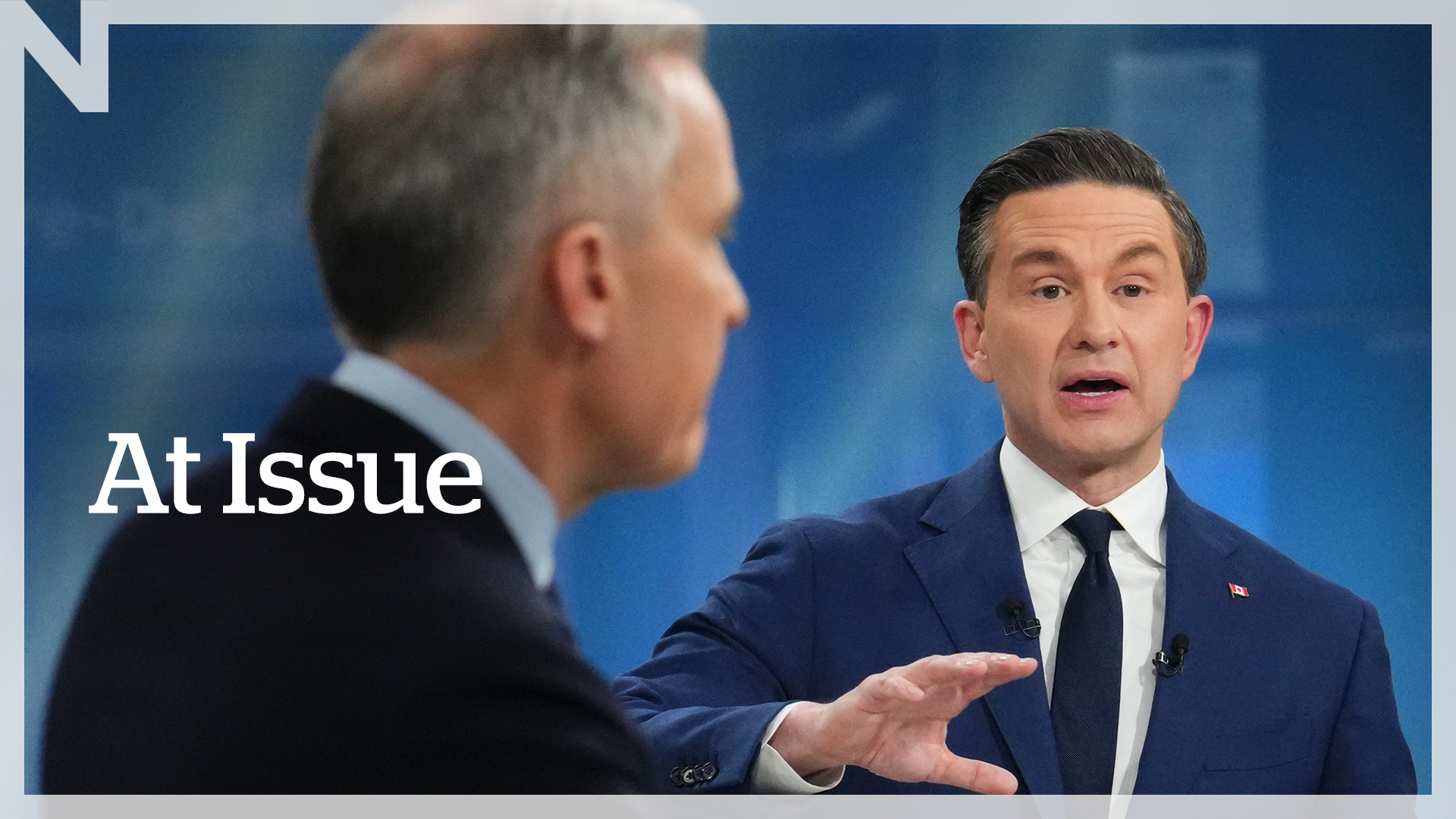Ukraine looks to Trudeau to play key role in NATO membership bid

More than 500 days after Russia launched its full-scale invasion of Ukraine, the embattled country’s political leaders say they expect Prime Minister Justin Trudeau to be in their corner at next week’s NATO summit.
The leaders of the western military alliance are set to debate the timing and conditions of Ukraine’s admission to NATO.
Some members of the North Atlantic Treaty Organization have deep reservations about how quickly the eastern European country should be given membership guarantees.
In a warmly received speech before the country’s parliament in Kyiv last month, Trudeau delivered a full-throated endorsement of Ukraine’s membership when conditions allow.
“Ukrainians should be free to choose their own future,” Trudeau said told Ukrainian parliamentarians. His remarks made a deep impression on the lawmakers and have built up a sense of expectation in Ukraine regarding the country’s future in the alliance.
Prime Minister Justin Trudeau met Saturday with Ukrainian President Volodymyr Zelenskyy in Kyiv, where he committed $500 million in new funding for military assistance. He also announced new sanctions as the country’s war with Russia continues.
Canada was among the initial supporters of Ukraine’s bid to join the alliance in 2008.
Before Russia annexed the Ukrainian region of Crimea in 2014, Ukraine was on track to meet the many military, institutional and democratic conditions for membership set down by the alliance.
On Friday, NATO Secretary General Jens Stoltenberg pointed out that the relationship between the alliance and Ukraine has been formalized already through the creation of a council to facilitate dialogue. But that measure falls far short of what Ukrainian lawmakers want and expect.
“We need [an] invitation” to join the alliance, Mariya Ionova of Ukraine’s European Solidarity party told CBC Radio’s The House on Saturday. She said the fact that Ukraine has been waiting so long for that invitation strains the credibility of NATO’s so-called open door policy.
“If the door is open, why have we been standing on the threshold for 15 years?” she said.
Some of NATO’s 31 member states are reluctant to let Ukraine in because they’re afraid of further aggravating tensions with Russia.
The alliance considers the idea of admitting Ukraine while it’s at war a non-starter. At a minimum, however, President Volodymyr Zelenskyy’s government expects to be presented with a pathway to membership.
Stoltenberg hinted Friday that the allies are engaged in backroom talks on the topic.
“We are helping Ukraine to come even closer to NATO and NATO membership,” the secretary general said.
“I am confident that we’ll find the united way also to address the specific issue on membership, but I will not go into the details of exact language now because that is something we will announce when everything is in place by the summit.”
And this is where Ukrainian MPs are counting on Trudeau and Canada to step up and play a pivotal role.
“I think that Mr. Trudeau can talk to [those] countries, to the leaders of [those] countries which are not sure in their decision, which are not sure to support or not to support,” said Lesia Zabruanna, a member of Ukraine’s governing Servant of the People party.
Hungary is one of the NATO countries with doubts about admitting Ukraine. Hungarian Prime Minister Viktor Orbán last week rejected the European Commission’s plan to grant more money to Ukraine. He went further in an interview with a German publication.
“Ukraine is no longer a sovereign state. It has neither money nor weapons. It can keep on fighting only thanks to the assistance being provided,” Orban told the German daily Bild.
“It’s up to the United States to decide when peace will materialize.”
Orban’s remarks were widely reported in Russia and drew sharp condemnation from Kyiv.
Canada favours a shortcut for Ukraine
Last spring, Orban cast doubt on whether his country would approve long-term NATO membership for Ukraine.
Stoltenberg is on record saying that some NATO nations would favour Ukraine’s direct admission without the preliminary step of creating a membership action plan.
Senior Canadian government officials, speaking on background Friday, said Canada is among those in favour of dropping the preliminary step.
Retired U.S. lieutenant-general Ben Hodges said the United States has not offered a firm endorsement either way.
“There’s a difference between invitation and joining,” said Hodges, who commanded the U.S. Army in Europe.
An invitation without clear timelines “provides an opportunity for the Russians” both from a propaganda and political perspective, he said, “but a firm invitation could be that sort of a clear signal” to Moscow that there’s no turning back on Ukraine’s membership.

;)

